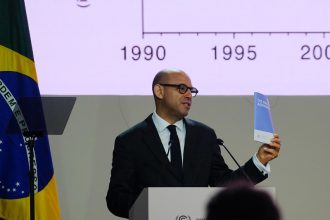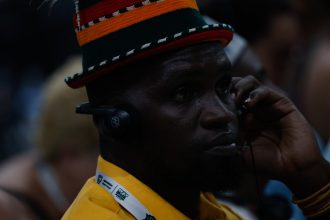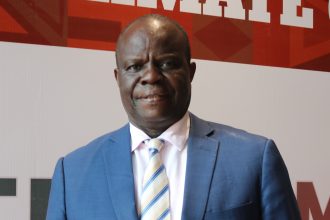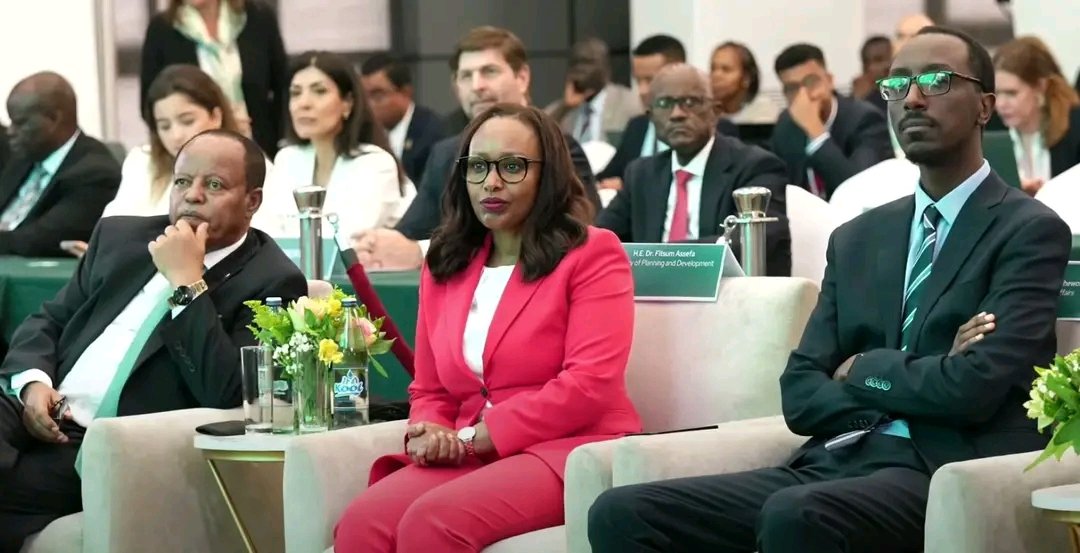Henry Neondo in Addis Ababa, Ethiopia
Africa Climate Week 2025 opened in Addis Ababa with a strong call for fairness, solidarity, and ambition as the continent looks to COP29 in Baku and beyond. Leaders emphasized that without predictable finance, just transition pathways, and youth-driven innovation, Africa risks being left behind in the global climate agenda.
H.E. Dr. Fitsum Assefa, Ethiopia’s Minister of Planning and Development, set the tone by stressing the urgency of delivering “groundbreaking decisions” at COP29 that support the most vulnerable nations. She hailed the Baku finance goal—a landmark pledge of $300 billion annually for developing countries by 2035—as a milestone but warned that ambition must scale to at least $1.3 trillion by the same year. “This process demands fair play and honesty,” she said, urging donor nations to outline how they will meet their fair share.
Dr. Assefa also flagged the dual nature of technology, particularly artificial intelligence. “AI must empower, not imperialize,” she said, calling for innovations that unlock Africa’s potential rather than reinforce dependency. She urged negotiators to ensure the next round of Nationally Determined Contributions (NDCs) deliver “concrete, implementable targets” that advance the Paris Agreement.
H.E. Taye Atske Selassie, President of Ethiopia, framed the week as a bridge between the upcoming African Climate Summit and COP30 in Belem. He highlighted Africa’s focus on finance and adaptation, noting that “regional climate weeks help us build momentum toward consensus outcomes.” He encouraged participants to anchor discussions in just transition pathways “that ensure no one is left behind.”
The opening also showcased Ethiopia’s Green Legacy initiative, which aims to plant 14.75 million trees this year and expand renewable energy projects, including the 5,000 MW Grand Ethiopian Renaissance Dam. Ethiopia expressed its readiness to host COP32 in 2027, underscoring its growing role in African climate diplomacy.
Youth voices featured prominently. Dr. Richard Muyungi, Chair of the African Group of Negotiators (AGN), reminded participants that the AGN—marking 30 years since its first COP in 1995—has made youth engagement central. “We must ensure the young have the means to grow and thrive,” he said, linking his “personal dream of aging gracefully” to leaving behind a resilient continent.
From the finance side, Dr. Anthony Nyong of the African Development Bank (AfDB) pledged stronger support for African-led solutions. Representing multilateral development banks, he announced AfDB’s commitment to mobilize $400 million for climate finance and highlighted Mission 300, a plan to bring electricity to 300 million Africans by 2030. “Africa needs a larger share of global climate finance,” he said. “The scale of the crisis demands nothing less.”
Discussions also touched on the role of community-driven initiatives such as mini-grids, recycling innovations, and green bonds. An implementation forum was announced to replicate and scale successful solutions. Participants were even invited to take part in an artistic intervention—reflecting on their “dreams for climate implementation”—as a symbolic reminder that the climate fight is both technical and deeply human.
The week’s high-level session concluded with action items: delivering the Baku pledge of $300 billion annually by 2035, ensuring new NDCs are ambitious and implementable, and organizing a September 6th event dedicated to Africa’s special needs and circumstances.
As negotiations build momentum toward Baku and Belem, Africa Climate Week in Addis Ababa underscored both the urgency and opportunity before the continent: to demand fairness, harness innovation, and shape a just transition for generations to come.




